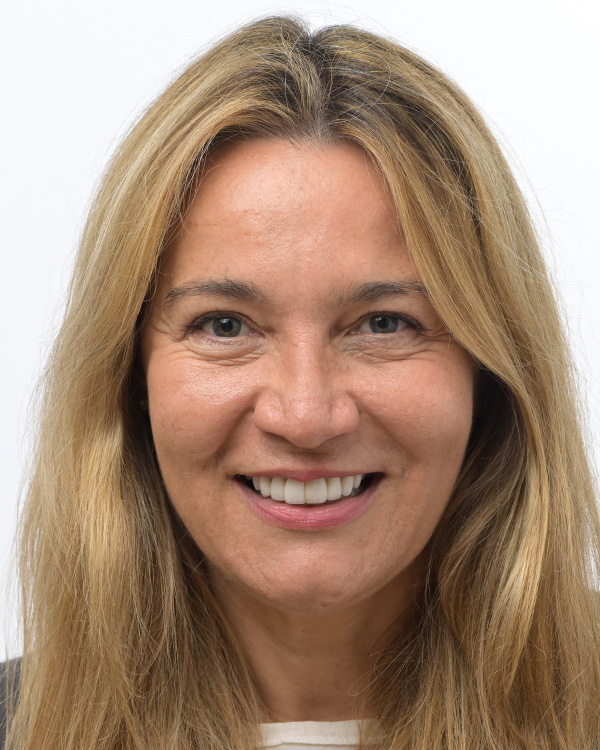
Choisissez la langue de votre document :
- bg - български
- es - español
- cs - čeština
- da - dansk
- de - Deutsch
- et - eesti keel
- el - ελληνικά
- en - English
- fr - français
- ga - Gaeilge
- hr - hrvatski
- it - italiano
- lv - latviešu valoda
- lt - lietuvių kalba
- hu - magyar
- mt - Malti
- nl - Nederlands
- pl - polski
- pt - português
- ro - română
- sk - slovenčina
- sl - slovenščina
- fi - suomi
- sv - svenska
|
| Resoconto integrale delle discussioni |
|
|
| Mercoledì 18 settembre 2019 - Strasburgo | Edizione rivista |
|
| Ultimo aggiornamento: 8 novembre 2019 | Note legali - Informativa sulla privacy |















































